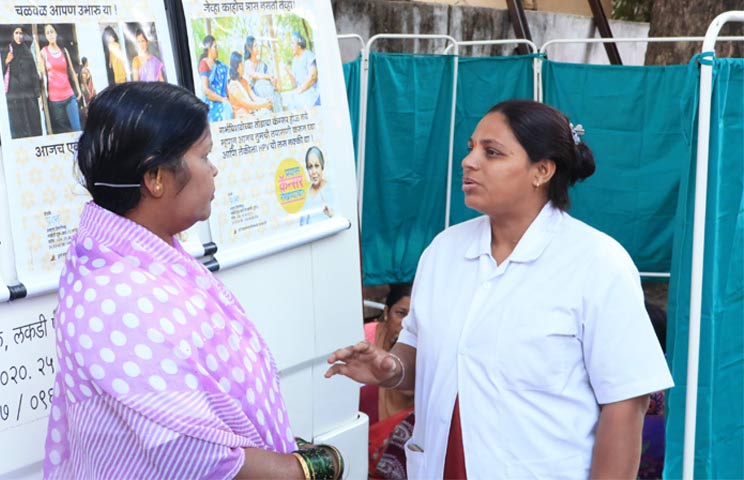More
15 May 2023
DISCERN project: IARC and partners meet and launch website for ambitious new project
The International Agency for Research on Cancer (IARC) and partners from across Europe are meeting on 15–16 May 2023 in Barcelona (Spain) to discuss the progress and upcoming deliverables of the Discovering the Causes of Three Poorly Understood Cancers in Europe (DISCERN) project. The dedicated project website was launched to coincide with the event.
The goal of the DISCERN project is to uncover novel causes for renal, pancreatic, and colorectal cancers and to provide the evidence base required to develop new prevention strategies for these cancer types in Europe. DISCERN has five core objectives, which will be achieved through eight Work Packages. At the meeting in Barcelona, the leader of each Work Package will present their Work Package, and the entire team will engage in scientific discussions after each presentation. IARC is leading Work Package 8, to provide project management and coordination, and will ensure the efficient administration of DISCERN, including overseeing deliverables, milestones, and periodic reporting activities.
The DISCERN project will combine data from large-scale European biorepositories and will integrate state-of-the-art exposomics and proteomics techniques, as well as genomics technologies, to analyse both normal tissue and tumour tissue. The project team also aims to help explain the geographical distribution of these three cancer types, including their high incidence in central and eastern Europe.
The project is funded by a grant from the European Commission in the framework of the Horizon Europe Mission on Cancer.
The five core objectives of DISCERN are: (1) establish a biorepository comprising extensive case series from across Europe with normal tissue and tumour tissue, as well as a consortium of European prospective cohorts with pre-diagnostic blood samples and extensive exposome data (lifestyle, environment, behavioural); (2) discover novel risk factors and causal pathways for renal, pancreatic, and colorectal cancers by assessing the exposome and proteome across prospective cohorts; (3) identify exogenous and endogenous factors that promote the growth of pre-initiated cells in normal tissues, and elucidate their cellular targets; (4) exploit human organoids and stem cell models to identify the biological mechanisms through which the identified cancer risk factors promote carcinogenesis; and (5) disseminate these findings to citizens, patients, and relevant stakeholders to guide public health policy, with the long-term aim of reducing the burden of these lethal cancers in Europe.
For further information about DISCERN, please contact discern@iarc.who.int.
Other news

Cervical Cancer Elimination Day of Action 2024: celebrating front-line workers and transforming global commitments into life-saving actions
The Cervical Cancer Elimination Day of Action on 17 November 2024 marks the fourth year of a glob...
18.11.2024
Read more

A prospective cohort study comparing efficacy of 1 dose of quadrivalent human papillomavirus vaccine to 2 and 3 doses at an average follow up of 12 years postvaccination
Scientists from the International Agency for Research on Cancer (IARC) and partner institutions h...
12.11.2024
Read more

Leveraging single-dose human papillomavirus vaccination dose-efficiency to attain cervical cancer elimination in resource-constrained settings
In a new paper, researchers from the International Agency for Research on Cancer (IARC) show that...
12.11.2024
Read more